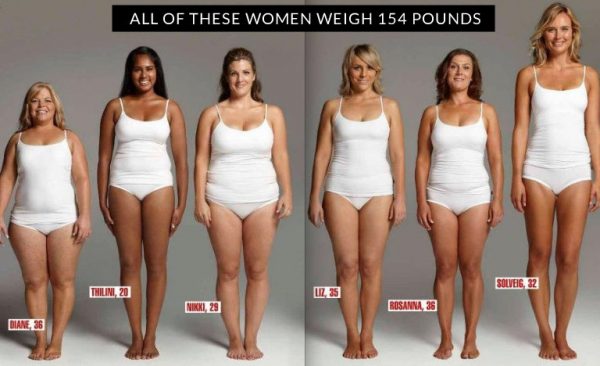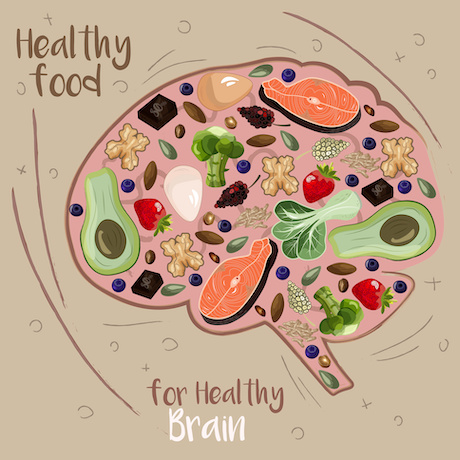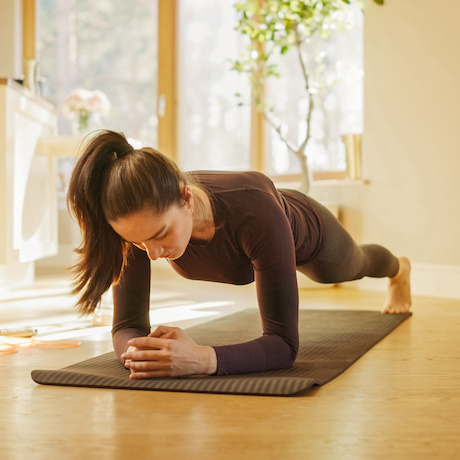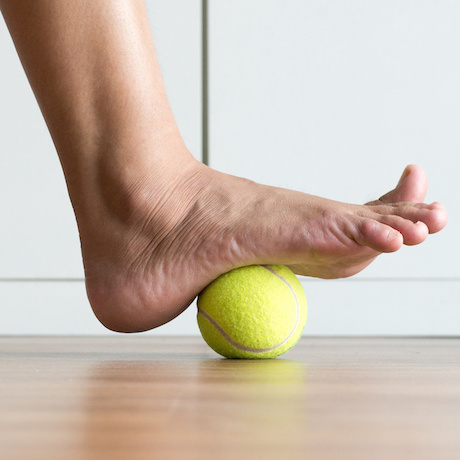Does Weighing Yourself for Weight Loss Work? (Part 1)

Should you weigh yourself daily, weekly, monthly, or not at all? Where I am landing on this one just might surprise you. I’ll give you a hint: there is no real, perfect number for any of us. The only perfect is you – not a number prescribed by someone else in a government office, a magazine cover, or social media. It is a place, a life, and a beautiful existence that is all yours – including whatever the scale says when you head to your annual physical.


We hear friends and clients yearn for weight loss…often. After all, I own a fitness business. This is why the “big box” gym model of American gyms and the weight loss industry thrive. Americans want to lose weight. Those businesses realize the pocketbook will match the desire…and that eventually the desire will go away while the pocketbook is still doling out the monthly fee.
Most often, 10 pounds is the amount desired. Americans not only want a quick fix, we want it to be something fairly “easy.” Do you ever wonder why 10 pounds?
Let’s be clear: Weight loss isn’t only about positive relationships with mirrors and clothes. Fat loss can contribute to improved daily functionality, happiness, and just generally a healthier life, for sure. Mark Sisson tells us, “Fat loss is not simply a flighty pursuit. It solves some very serious problems.”
To name just three of many:
1) Joints feel better / have less pain.
2) Hunger becomes more manageable if your weight-loss journey does not include starvation-type tactics, instead relying substantially on healthy fats proteins and colorful vegetables.
3) Poor sleep quality can be reduced or resolved with weight loss from the abdominal area.
In this three part series, I will explore how holding onto unrealistic and society-produced body composition goals may actually hamper your fitness and health progress. These unhealthy goals can put undue stress on your body which can disrupt levels of cortisol, the stress hormone, which can cause real harm to your health. This can lead to various behaviors such as micromanaging your food and supplement intake, becoming guilt-ridden if you miss a single workout, beating yourself up because you ate pizza or cake, and being obsessed with measures such as body fat percentage and scale weight. It can become a real domino effect. And the only one losing – not pounds – is you.
We associate weight loss with success, “fitness” with happiness, and beauty with power. Weight gain, on the other hand, is rarely something celebrated, even when it is necessary for a healthy life. We all know the CDC numbers and realize childhood obesity is at an all time high, and our own adult-size weight is sadly above world standards. Yet let’s just pause on our own fitness and what it means to being truly you, not who the magazines, your friends, or another source of shame may make of you.
Research abounds on the effects of daily, weekly and/or monthly weigh-ins. There is research for the “normal,” the “overweight,” and the “obese.” I’ve really attempted to come up with the best method for determining when someone is normal, overweight, and obese.
Before we go to the benefits and costs of weighing, let’s first aim for a definition of the “magic” number for which we seem to aim when we step on that cold metal.

“How much am I really supposed to weigh?”
Of all questions I hear most from clients and friends that make my blood boil, this may top the list. Not because I don’t have an answer, but because why does it matter to you? First, let’s start with the definition of overweight and obese and normal weight. Here are the commonly used metrics in our country:
- Body Mass Index (BMI) is a number based on a person’s weight and height that provides a way to estimate the effect of weight on health. The higher the BMI, many believe, the greater the risk of some diseases, including high blood pressure, heart disease, and stroke. This is widely used by the medical community.
- Another is Waist-Hip Ratio. Like BMI, it leaves out the body type and the muscle mass of the individual. Waist to Hip Ratio really measures an individual’s risk for cardiovascular health problems.
- The Hamwi Approach. Dr. GJ Hamwi’s formulas for calculating an individual’s ideal weight are derived from the belief that a woman who is exactly 5 feet tall should weigh 100 pounds, and that a man who is exactly 5 feet tall should weigh 106 pounds. Hamwi’s approach, like many of the others, does not take into effect lean muscle. You can guess how I feel about this by looking at our image.
- Waist to Height Ratio (WtHR). Dr. Margaret Ashwell, a Fitness on the Run favorite, studied the research completed between 1950 and 2009 on the effects of WtHR against all measures like BMI, Waist Circumference (WC), and Body Fat. By far, WtHR was the best indicator of heart disease and cardiovascular problems and longevity.
- The Body Fat school says any male whose body fat percentage is more than 25 percent or female more than 31 percent is either overweight or possibly obese.
- The Weight to Height Chart from NIH:

Confused yet? Stay tuned for next week’s article to learn what’s really behind that number you see. Plus, you’ll begin to explore if you truly have “fat” and “thin” days.
- About the studio
Alexandria Wellness offers achievable answers for anyone who is tired of chasing fitness and health without a clear plan, someone who has struggled and is not satisfied with their fitness and wellness or someone who is open to maximized healthful longevity and fitness along with healthful weight loss. Adrien and her team offer help with food guidance, body acceptance, sleep and stress issues, and insist you have fun along the way.
Schedule your free 30 minute consult here!
Alexandria Wellness
215 North Payne Street
Alexandria, VA 22314
703.299.9333
contact@alexandriawellness.com







